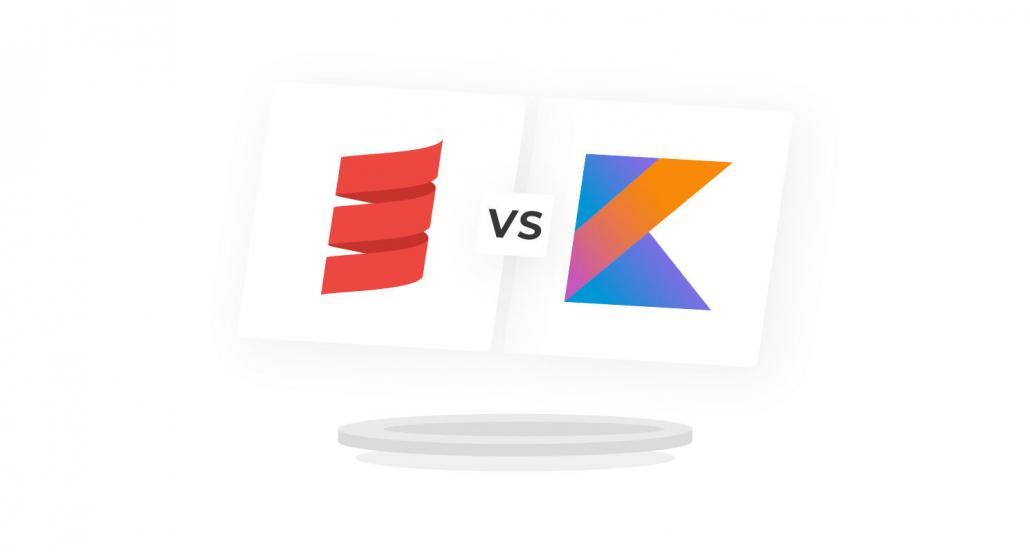
The Fintech Revolution Is Underway

A quick FAQ on what you should know about financial technology services
Services provided by fintech companies continue to change our daily lives. Even if you are not actively using them, they probably have an indirect impact on the way you bank, pay bills or transfer money. New entities such as neobanks that make it easier to manage your money are showing banks how their customers’ experiences can be improved. And traditional financial institutions are actually taking note and learning. Yet two-thirds of surveyed consumers in the United States have never heard of “fintech”.
With about $105.3 billion invested in companies from this sector across the world in 2020, it is a good idea to familiarize oneself with the concept of fintech and the way it changes our approach to financial activities.
What is fintech?
Fintech is the short name for Financial Technology. This word is used to describe the services traditionally provided by the financial sector that are offered in a modern way or by institutions that aren’t exactly traditional, i.e. neobanks/challenger banks, modern insurance brokers, digital wallets. Example areas where they operate include:
- Payments: PayPal, Stripe, Apple Pay, Google Pay
- Banking: Revolut, N26, ZEN.com
- Insurance (InsurTech): Guevara, Bought By Many, The Floow
- Investments (InvestTech): Robinhood, eToro, Acorns
- Lending (LendTech): Credit Karma
- Cryptocurrency: Coinbase, Gemini
Obviously, this is not a comprehensive list, but it is safe to say that the main aim of the majority of fintechs is to take over the features that are usually offered by the traditional financial sector, and make them more accessible both for consumers and businesses. Since smaller start-ups can benefit from a flexibility that is not present in the corporate banking environment, it gives them more space to innovate and adjust their services to customers’ needs and wants.
Traditional institutions also go fintech
An important thing to note is that fintech services can also be offered by traditional institutions. A major insurance provider might use artificial intelligence in order to speed up the processing of claims. A bank might acquire a payments company in order to introduce new services into its offering. Actually, some fintechs work on new technologies in order to sell them later to major players, so team members can earn money and then move on to another venture.
An example transaction is one from February, 2020, when Intuit – the US-based accounting software firm – purchased Credit Karma, a lending fintech. The biggest acquisition in Intuit’s history allowed the company to provide more offerings in the category of consumer finances.
How do fintechs impact traditional financial services?
The fintechs are actively changing the market of financial services, regardless of whether the traditional companies want it or not. The introduction of new services shows customers or businesses what kind of expectations they should hold for their traditional service providers, thus forcing the latter to innovate as well.
For example, lending money was usually reserved for banks and companies or individuals with large capitals. This meant that it used to be difficult to get a loan, as banks would demand many documents as proof of financial reliability. Entities other than banks would make it easier to borrow money, but usually that kind of loan would be associated with a larger amount of interest to be paid back. In many cases, short-term loans would only be made available under conditions that weren’t exactly customer-friendly.
LendTechs changing bank lending procedures
With the rise of lending fintechs (often shortened as LendTechs), it is possible to obtain a loan faster than ever before without having to provide tons of documents. Decisions can be made based on Artificial Intelligence and Machine Learning algorithms, which swiftly analyze the provided documents and sometimes take into account other small details such as which computer model is being used to contact the LendTech. Yes, if you use an iPhone or a MacBook to fill in your loan application, you might be more likely to get a positive decision.
What follows next is the wide adoption of these features in banking. In many countries, banks already offer simplified loan processes – sometimes they only analyze your account expenses and income, ask you to confirm personal data, and present you with a ready offer. Everything can be done inside a banking app.
Challenger banks creating a multi-currency-frenzy
Another example of fintechs changing the market is that moment when a challenger bank entered several European markets with one major slogan: multi-currency accounts and cards. While the majority of European Union countries operate under one common currency, it turned out that free currency exchange was a great benefit for people outside of the Eurozone who traveled abroad for their holidays. Up until now, they had to compare offers in exchange offices or withdraw cash in local currency from ATMs (which would often incur extra fees to pay).
But with a free multi-currency account, things have changed. And with the rising popularity of such a feature, more and more banks have begun making it free of charge within their offers. Before this fintech entered the European markets, it was difficult to find a good and cheap way to exchange currencies. But afterwards, it turned out that this feature can be offered for free.
These are only some examples to show how fintechs’ operations are impacting the traditional ways of the financial world.
How are fintechs regulated?
Fintechs used to have trouble with operating, since many countries didn’t have proper laws to accommodate the innovative services they offered. But as the number of such companies grew in size, regulators began to notice them and adjust the rules accordingly.
Why are most of European fintechs registered in Lithuania?
Right now, it is much easier to introduce new services in compliance with the law, both local and global, as more and more countries are updating their regulations in order to be more friendly towards innovations. A good example is Lithuania, which introduced fintech-friendly laws before other European countries, resulting in the country becoming a fintech hub. Companies can request a banking license in Lithuania and then operate under it in all countries of the European Union (so-called “license passporting”).
How does PSD2 impact the fintechs’ operations?
The new open banking trend is also friendly for innovative companies. The Payments Service Directive 2 (PSD2) introduced by the European Union makes it possible for fintechs to request data from banks in order to serve their clients better. For example, some fintechs already make it possible to look up the status of your accounts in various banks without having to check every single different application. Everything is visible within one app provided by this particular fintech. However, the PSD2 was introduced relatively recently, so there should be many more examples of its use coming soon as fintechs and banks keep on figuring out what can be done within the framework of open banking.
Are banks and traditional financial institutions afraid of fintechs?
Fintechs are definitely competition for traditional financial entities. In theory, for both sides, the aim is the same: to serve their customers with the highest quality products and services. But banks usually operate behind a well-known brand, while fintechs often have to build their reputation from scratch. This means that both sides undertake different operating models, resulting in varying business goals.
But it does not mean they cannot cooperate. As mentioned before, fintechs often end up selling their innovations or business ideas to major players who are keen to take advantage of them.
Some examples of bank and fintech cooperations include:
- Partnering with cryptocurrency exchanges in order to provide a cryptocurrency card
- Multi-currency accounts and fast conversion channels made possible by partnering with money remittance fintechs
- Automating invoice statements, speeding up, and adding transparency to longer payment cycles
- Validating and reporting transactions and customer data under Anti-Money Laundering and Know Your Customer requirements
- Letting non-clients use an app to manage their banking and fintech accounts
- Creating budgets in a separate app based on the data provided by banks
- Insuring a product purchased via a bank card
As a result, 7 in 10 banks agree that collaborating with fintechs or BigTechs to create a new service is a better idea than building something on their own, in-house. They don’t have to be afraid of the fintechs if they let the innovations into their households as well.
What is the future of fintechs?
Undoubtedly, with the rise in popularity of digital services during the pandemic, innovative financial services are going to stay with us. By 2027, the global fintech industry market is expected to be valued at $382.38 million.
E-commerce growth is good for fintechs
Part of its valuation is due to the growth of e-commerce – with more and more e-stores offering their services, it is vital that customers have the best possible experiences. Payments fintechs take care not only of smooth check-outs, but they can also help with securing e-stores against fraud with AML or KYC services. Meanwhile, insurance fintechs might help with securing the value of purchased items, and accountancy apps will make settlements easier. As you can see, the growth of e-commerce is going to be a field full of opportunities for fintechs from all sectors.
BigTechs are trying to find their way into the fintech industry
There are already BigTech companies (i.e. Apple, Google, and Amazon) trying to break their way into the industry with innovative services. While Apple Pay and Google Pay turned out to be global hits, there are predictions that the Apple credit card, which was created in cooperation with Goldman Sachs and is currently only available in the US, will probably cater only to the needs of fans of services provided by the famous company.
Investments on the rise
The frenzy related to GameStop and cryptocurrencies, along with a FIRE trend (Financial Independence: Retire Early), all attracts more people to allocate their money in an attempt to return more than invested. This might mean stocks, cryptocurrencies, or metals, etc. – regardless of your choice of investment, there is always an app that will make the whole process easier and more transparent. The majority of banks provide advice or robo-advisory services only for the highest paying clients – with fintechs, they are much more accessible for everyone.
Conclusion
Fintechs are on the rise and nothing is going to stop them. Not familiarizing oneself with the services they provide may result in missing out on something big.











